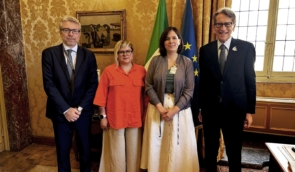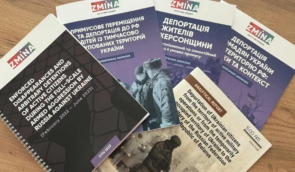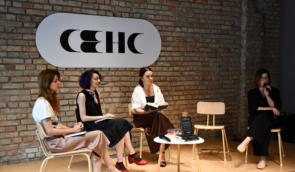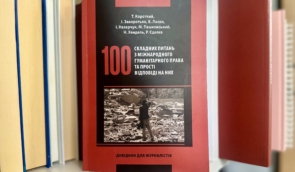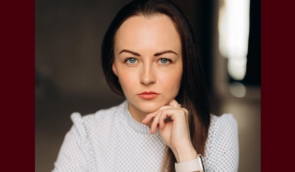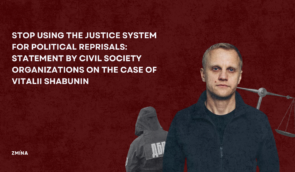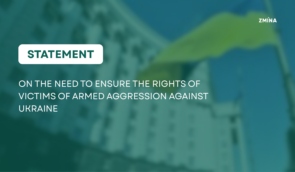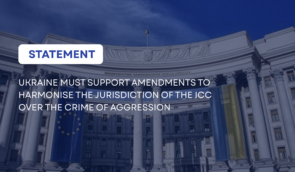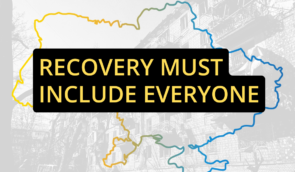Sensemaker: Moscow rules
On Friday the International Criminal Court issued an arrest warrant for Vladimir Putin for alleged war crimes including abducting children. On Saturday he travelled to Mariupol, the scene of many of those crimes. Yesterday he returned to Moscow to prepare for a three-day state visit by Xi Jinping that starts today.
So what? Putin made himself the focus of a historic contest between brute force and a rules-based international order when he invaded South Ossetia in 2008. Fourteen years on that contest suddenly has a forum at the ICC – which Putin is determined to show is powerless in the world created by his wars.
In the short term he will succeed. Longer term, all bets are off.
- For now, the arrest warrant is unenforceable and largely symbolic because Russia is not a party to the ICC, though it will serve as a de facto travel ban to the 123 countries that are.
- That deepens Putin’s international isolation, but he is showing he can travel and grandstand with fellow dictators even so…
- … as details emerge of his efforts to expand the territory where he can venture without being arrested by rebuilding Soviet-style relationships with Moldavia, Belarus and Georgia as well as Ukraine.
Redraw the map. Putin’s tour to occupied Mariupol straight after being accused of the illegal deportation of children from there was a typically concise rejection of the ICC and everything it stands for – and not just in Ukraine.
Moldova. Moldovan investigative journalists have revealed Kremlin plans to control Moldova by 2030 using political, economic and humanitarian levers to distance it from the West, including:
- counteracting “external actors’ influence”, including that of Nato, the EU, US, Turkey and Ukraine;
- expanding the electoral base of pro-Russian political forces;
- shrinking the use of western currencies in Moldova’s foreign trade;
- preserving Moldova’s dependence on Russian gas; and
- growing Russia’s media presence in Moldova, as well as its support for the Russian Orthodox church there.
“This is the most realistic plan we have seen out of six plans [for] Moldova’s occupation,” the Moldovan journalist Vladimir Tkhoryk tells Tortoise.
Belarus. Meduza reports that a similar plan has been drawn up for Belarus. It aims to align Belarus’s laws with Russia’s, assert control of Belarusian trade, science, politics and culture, boost Russia’s military presence and give Belarusians Russian citizenship.
In Georgia, the ruling pro-Russian party has tried to adopt legislation based on a Russian template to restrict independent media and NGOs. The project has been shelved – for now – in the face of protests in Tbilisi.
The warrant. The ICC’s bid to arrest Putin and bring him to justice may look quixotic in the context of his revanchism. As long as Putinism lasts he will not be extradited to The Hague and the court doesn’t conduct trials in absentia. But the warrant is far from pointless.
- The ICC’s chief prosecutor, Karim Khan, cites the precedent of the Serbian dictator Slobodan Milosevic, who ended up in The Hague’s International Criminal Tribunal for war crimes in Croatia, Bosnia and Kosovo despite low expectations, after being handed over following a change of regime in Belgrade.
- The warrant should be seen as a “first shot” in what could grow into a substantial indictment based on specific crimes for which Ukraine has gathered evidence and which Khan considers prosecutable, Ben Emmerson KC tells Sky News.
- Russia cannot gain relief from sanctions without compliance with the warrant, says Stephen Rapp, former US ambassador-at-large for war crimes.
The warrant is historic but late in coming, says Tetiana Pechonchyk of the ZMINA Ukrainian human rights group. “Russia already kidnapped children in occupied Crimea back in 2014 and they were adopted by Russian families. [So] the same crime was committed nine years ago, but there was no reaction from the international community, including the ICC.”
Pechonchyk and others argue that the only hope of justice for Ukraine lies in the establishment of a special tribunal on the Serbian model. That, too, would require Russia to surrender Putin to The Hague. But at least, while the world waits, he is wanted in 123 countries.
Source: Tortoise
If you have found a spelling error, please, notify us by selecting that text and pressing Ctrl+Enter.

